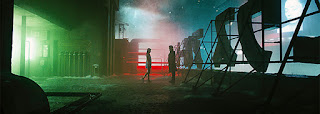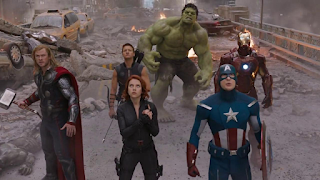Cinematography
Cinematography is a crucial aspect of filmmaking that involves capturing images and creating visual storytelling through the use of cameras, lighting, composition, movement, and other elements. If you're writing a blog about cinematography, here are some key points to consider:
Camera Techniques: Discuss various camera techniques employed by cinematographers, such as framing, camera angles, camera movement (panning, tilting, tracking, etc.), and depth of field. Explain how these techniques impact the audience's perception and enhance the storytelling.
Lighting: Explore the significance of lighting in cinematography. Describe different lighting setups, such as high key, low key, natural light, and artificial light. Discuss how lighting can evoke emotions, create mood, and shape the overall visual aesthetic of a film.
Composition: Explain the importance of composition in cinematography. Discuss the rule of thirds, leading lines, symmetry, and other compositional techniques that help create visually appealing and balanced frames. Provide examples from notable films to illustrate your po
Color Grading: Highlight the role of color grading in cinematography. Discuss how color palettes and grading choices can enhance the atmosphere, establish different moods, and convey symbolic meanings within a film. Explain the technical aspects of color grading and its impact on the overall visual presentation.
Genre-specific Techniques: Different film genres often require specific cinematography techniques. Discuss how cinematographers adapt their approach for various genres like action, drama, horror, sci-fi, and documentary. Analyze how specific techniques contribute to the audience's engagement and immersion in each genre.
Collaborative Process: Cinematography is a collaborative effort involving the director, cinematographer, and other crew members. Highlight the importance of effective communication and collaboration between these roles and how they work together to achieve the desired visual style and storytelling goals.
Notable Cinematographers: Feature and discuss the work of influential cinematographers throughout history, such as Roger Deakins, Emmanuel Lubezki, Janusz Kamiński, and others. Analyze their signature styles, techniques, and contributions to the art of cinematography.
Technological Advancements: Explore how advancements in camera technology, such as digital cinematography, have influenced the field of cinematography. Discuss the pros and cons of digital versus traditional film, as well as emerging technologies like virtual reality (VR) and augmented reality (AR) in the context of cinematography.



Comments
Post a Comment